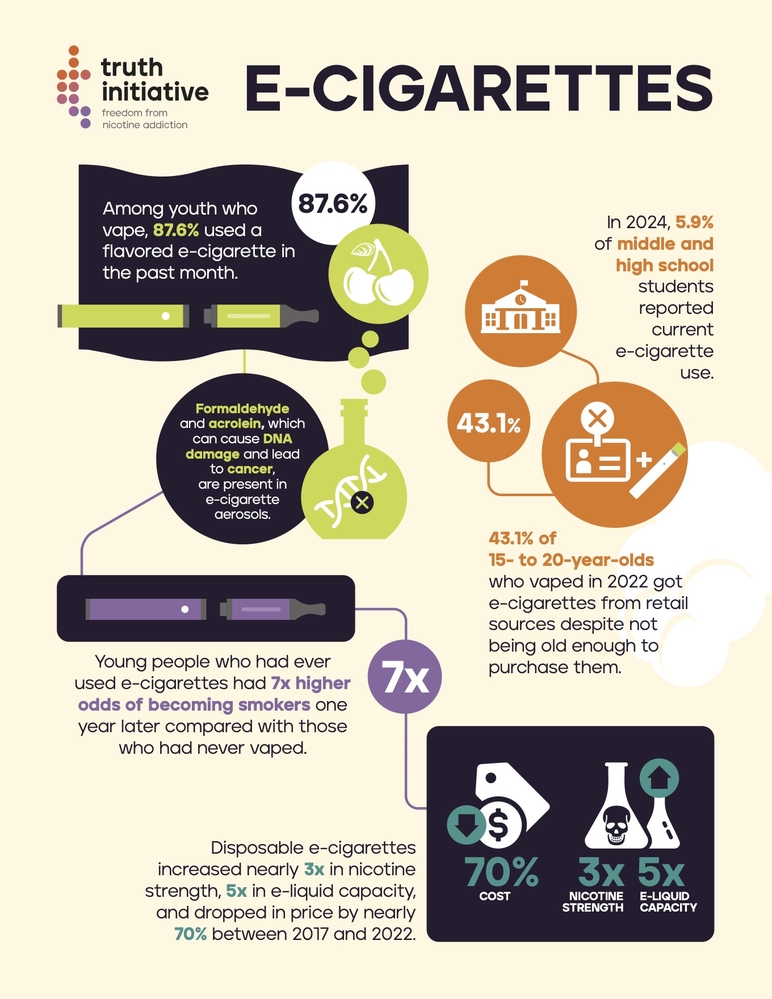Electronic nicotine delivery systems (ENDS), commonly called e-cigarettes or vapes, are legally defined as tobacco products in the United States under federal law. This classification carries significant regulatory implications. Here are five key facts:
1. FDA Deeming Rule: The Core Classification
The U.S. Food and Drug Administration (FDA) asserted authority over ENDS under the Family Smoking Prevention and Tobacco Control Act via its 2016 “Deeming Rule.” This rule explicitly deems all products meeting the statutory definition of “tobacco product,” including components and parts, to be subject to FDA regulation. Because e-cigarettes contain nicotine derived from tobacco, they fall squarely within this definition.

2. “Derived from Tobacco” is the Key Criterion
The legal definition hinges on whether the product contains nicotine made or derived from tobacco. Synthetic nicotine initially presented a regulatory loophole. However, Congress closed this gap in March 2022 by amending the definition to include any nicotine, regardless of source, ensuring all e-cigarettes fall under FDA authority.
3. Subject to Tobacco-Specific Regulations
As deemed tobacco products, e-cigarettes are subject to core regulatory requirements:
- Premarket Authorization: New products require FDA review and authorization (via Premarket Tobacco Applications – PMTAs) before marketing.
- Age Restrictions: Federal law prohibits sales to individuals under 21.
- Health Warnings: Required on packaging and advertising.
- Ingredient Listings & Health Document Submissions.
- Prohibition on Modified Risk Claims without FDA order.
4. Taxation Aligns with Tobacco Products
The federal government and numerous states tax e-cigarettes as tobacco products. The federal excise tax rate for ENDS is a percentage of the manufacturer’s sale price, distinct from but analogous to the per-unit taxes on cigarettes and smokeless tobacco. State tax structures vary widely, with many imposing per-milliliter-of-liquid taxes.
5. State and Local Laws Mirror & Expand Federal Status
Most states explicitly define ENDS as tobacco products within their own statutes and regulations. This triggers application of smoke-free air laws in many jurisdictions and allows states/locales to enact stricter controls, such as:
- Flavor bans (beyond the federal restrictions on closed-system cartridges).
- Additional licensing requirements for retailers.
- Higher taxes than federal levels.
In summary, e-cigarettes are unequivocally classified as tobacco products under U.S. federal law (and most state laws), subjecting them to stringent FDA oversight and tobacco-specific regulations focused on public health protection.










